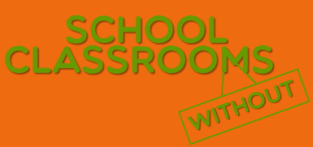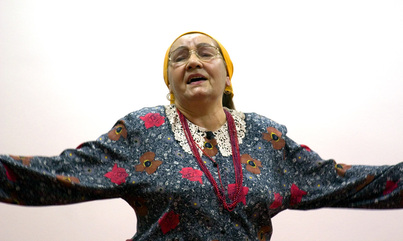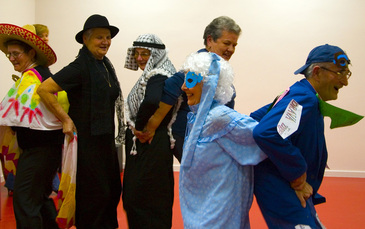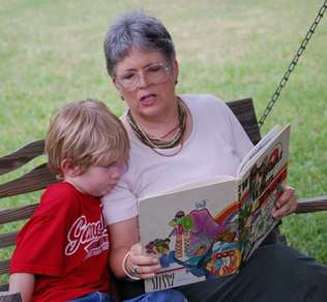Community BuildingA major challenge of European societies is the progressive ageing of the population, including the risk of a growing gap between the generations. Especially as fast developing new technologies increase the distance between the younger and the older generations.
The Lifelong Learning Program (LLP), which supports learning throughout all life stages, is one of the European Union programs that aim to promote active ageing through learning in later life. A general concern is provide seniors with the skills they need in order to remain active in society or that strengthen the contribution of older people to the learning of younger generations. We envisage three strands in our
intergenerational model:
With primary school children Intergenerational learning (IGL) activities involve seniors assisting the development of children’s literacy skills by listening to their reading. The interaction with older school students may include the elderly giving service to young by acting as mentors or the young offering service to the seniors. There are also gains in terms of community spirit and social cohesion. |
Our educational model brings in the intergenerational element, introducing the senior members of the community to act on one hand as facilitators, promoters and assistants to learning. It builds upon the experience and the free time of senior people living in the neighbourhood.
Senior members of the community can be an invaluable source of authentic information and creators of real-life situations (based on their longer life experience). On the other hand the elderly can learn new skills from the young generation, especially in computer technology: text messaging, expressing emotions by smileys, chatting, instant messaging and social networking. Including the elders in our school model we hope to increase the tolerance and respect between generations based on social interaction. The young and the old can learn more about each other through the shared experience of working side-by-side. |
 |
|



